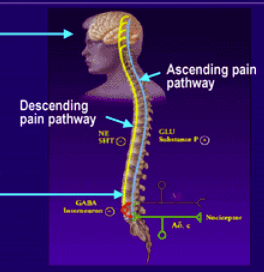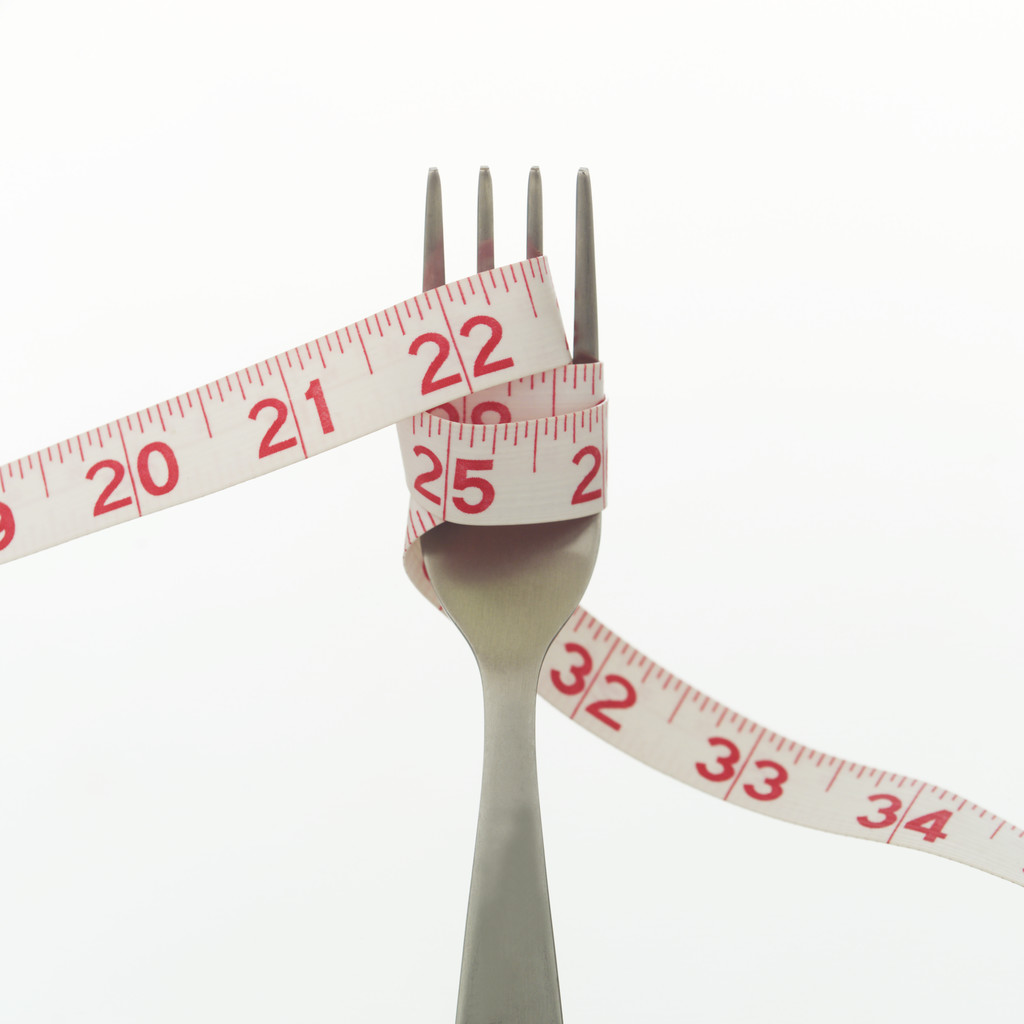Why You Should Consider a Holistic Approach to Mental Health
Our Western medical system is set up to divide the brain from body. We treat mental and cognitive health, by addressing issues from our past, by seeing counselors, psychiatrists or neurologists. They focus either on psychological or the chemical, and occasionally the anatomical aspects of the brain that drive our pathology. But is that enough to make us mentally healthy? Sometimes, but I would argue that in order for the problem to go away (without a lifelong dependence on pharmaceutical drugs), the underlying causes need to be considered, and that they are rarely being examined through traditional Western medical care.

http://www.medscape.org/viewarticle/446132_3
As an epidemiologist who specialized in determining the risk factors that contribute or protect us from mental or cognitive disorders, I’ve always known that the Western medical approach of separating the brain from the body would be insufficient to help many people who suffer with psychiatric disorders and mental health challenges. After all, we are made up of more than just our head. There are both signals that go towards and away from brain described both by Eastern and Western medicine. Furthermore, we often identify feelings peripherally, in our stomach or heart, for example, rather than our brain!
Those of us who exercise, are keenly aware that both cardiovascular exercise and weight lifting increase can increase our self-esteem and elevate our mood. Many of us know, that we get more cranky when we haven’t eaten, when we are tired, sick or even at certain times of the month.
So here are just a few underlying causes that can affect brain health that are not typically considered, but should be, when you are struggling with any mental or psychiatric illness.
Read More5 Essential Tips to Curb Emotional Eating
You know that you aren’t hungry… after all, you’ve eaten your regular meals, but you are craving your favorite snack again. Maybe it’s in the middle of the afternoon, or more commonly late at night.
Why do we have these cravings, and what can we do to stop our emotional eating?
Have you noticed that we are more prone to giving into these cravings when you are stressed or late at night? Why? Because that is when our willpower is weakest. Willpower is limited, and if we are using it all day to effectively deal with existing stresses, then we will have less of it to resist those cravings. But there are tricks we can do to maximize our willpower and minimize our emotional eating habits.
What are the tricks to curb our emotional eating habits?
Read MoreFive Reasons Why Sleep is Imperative
One of the best things we can do for ourselves is get enough sleep. Yet, in the U.S., 50% of adults don’t get enough sleep, and 70% of teenagers are sleep deprived!
In America, we value productivity and play so highly, that we tend to dismiss the value of rejuvenation. Some of us think sleep is a waste of time. We might have a youthful optimism about sleep. We often stay up later than we should, and fool ourselves into believing we will be fine, yet the consequences of sleep deprivation can be dire!
Most of us are aware of the more immediate symptoms of sleep deprivation. We don’t react as quickly, think as well, it can be harder to concentrate, it can make us moody and irritable. And the more tired we are, the more susceptible we are to falling asleep. If we are operating heavy machinery, like a car, that could have dire consequences.
Interestingly, research shows that after 3 days of sleep deprivation, we seem to lose the awareness that we are sleep deprived. Unbeknownst to us, our judgment becomes impaired. We seem to settle into a new normal and deceive ourselves into thinking we are fine, despite the fact that we are still experiencing the same symptoms!
are fine, despite the fact that we are still experiencing the same symptoms!
If we survive the short-term effects of sleep deprivation, over the long term, we are increasing our accumulative stress burden and our risk of chronic diseases, and destroying our brain.
These are my five most compelling reasons for getting a good night’s sleep.
Read MoreWhy is it So Hard to Form a New Habit?
You hear it from the news, from friends, from doctors, and even your own inner voice telling you to eat better, exercise more, stop smoking, cut down on the drinking, get more sleep, etc, etc. Year after year, you resolve at the beginning of the New Year, that this year you’ll make those changes, and sometimes you do, but they don’t last. Or maybe you’ve put off the change indefinitely, waiting for more inner strength to do so, or waiting until you can’t ignore the problem any longer.
A few years ago, I wrote an article “Can we effect personal change?”
Read More






